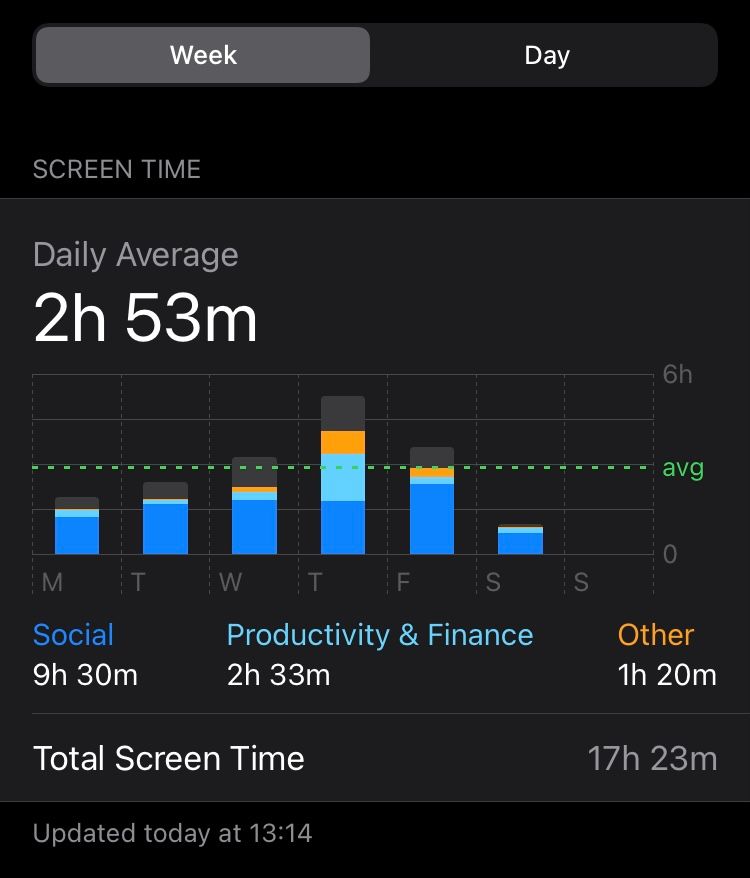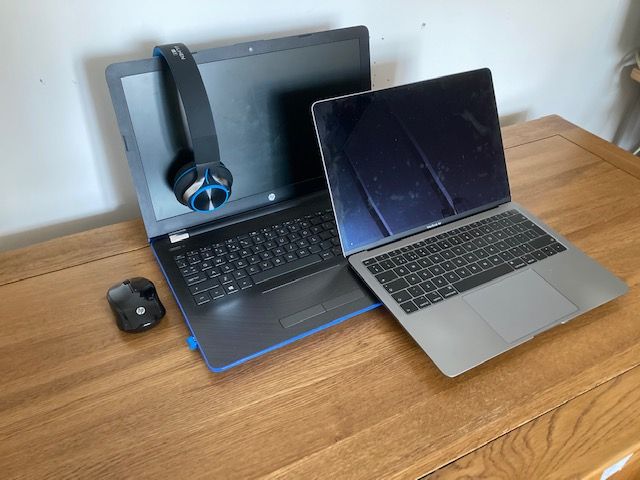By Jasmine Cundiff, First Year Law and German
Students have spent more time online this year than ever before, from online lectures and seminars to online society socials and catching up with friends over lockdown. But with revision and exam season approaching, do studies show that using technology reduces our attention span significantly? Are we so used to instant gratification that we can no longer focus on longer-term tasks?
In the past year, my screen time has increased significantly, and I have noticed myself getting distracted very easily. Sometimes it is hard to even finish an episode on Netflix without having the urge to skip to the end and inevitably, I don’t have the patience to watch lectures at normal speed. There are numerous factors influencing my shrinking attention span, and it is not certain that technology is entirely to blame.

Studies have reached conflicting conclusions in response to this question. It is claimed that over-reliance on technology has shortened our attention span from twelve minutes to five minutes.
On the other hand, some academics have expressed doubt over the validity of such claims. It is stated that our attention span is dependent on the tasks we undertake, meaning the idea of an ‘average attention span’ is rather artificial and meaningless. Therefore, it seems there is no definite conclusion on whether technology has indeed shortened our attention span.
However, it could be argued that the instant gratification we get from using our devices has warped our perception of time. Our brains have been trained to expect almost instant results, an expectation that cannot be fulfilled consistently when we have become increasingly interconnected and therefore dependent on the actions of others.
......
— Social Media Detox (@SocialMediaDTOX) February 2, 2020
Stop.
Scrolling.
Through.
Your.
Life.#socialmediadetox #socialmediabreak
Companies have competed for our attention through digital marketing. Websites have been crammed with adverts which have become bolder, larger and more colourful. The sight of comic sans in a word document is rather boring in comparison and it is often difficult to transition from the stimulating content within social media to the black and white pages of a textbook.
It is hard to mitigate the issue of losing focus when we are surrounded by notifications and updates, yet there are some simple measures which can help:
- Pay attention to your screen time
You can make a personal decision on whether any changes need to be made, and then you can set realistic, measurable targets. - A social media detox
A typical solution, but one which could genuinely have a positive impact. Simply switch your phone off for a couple of hours and substitute the time you would have spent in front of the screen with alternative activities that may prove to be more enriching. - Allocating times to use social media
Rather than scrolling on your screen for an uncontrolled number of hours, save time by allocating certain times during the day when you can use social media as you please. - Watch longer videos or read longer posts
By doing this, you will be able to persevere when engaging with content that takes a longer time to digest. Therefore, you will get used to focusing on a particular piece for a longer period of time.
Building a PC on a student budget
Bristol based start-up leading the way in changing the gaming landscape
It particularly difficult to limit screen time when a lot of activities have been moved online, yet it is possible to use technology in a more constructive way to prevent ourselves from getting overly distracted.
Have you found your attention span shrinking this year?
Featured Image: Epigram / Jasmine Cundiff








